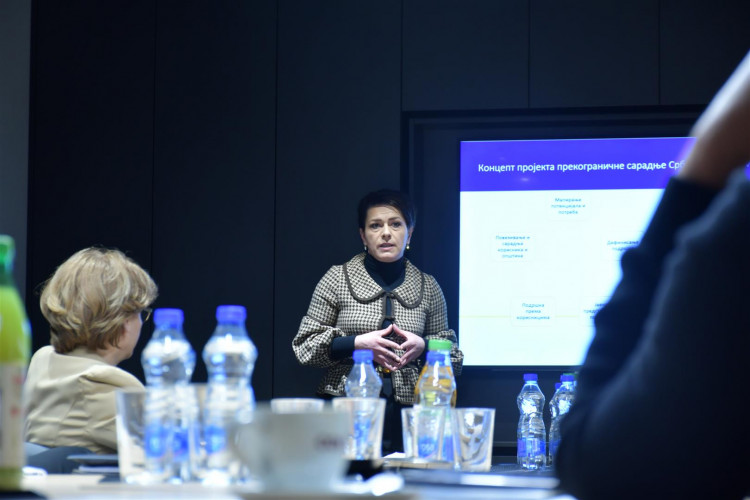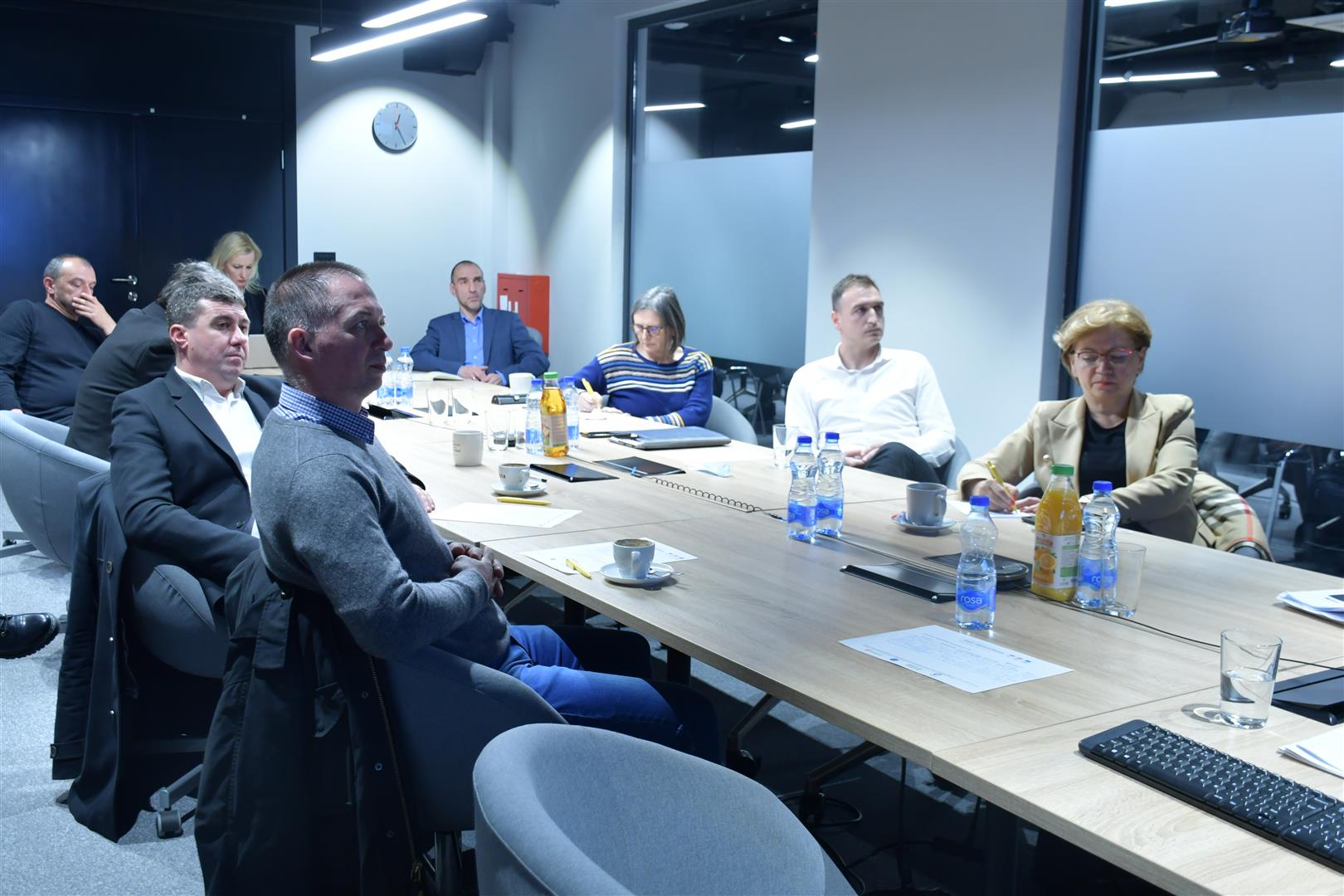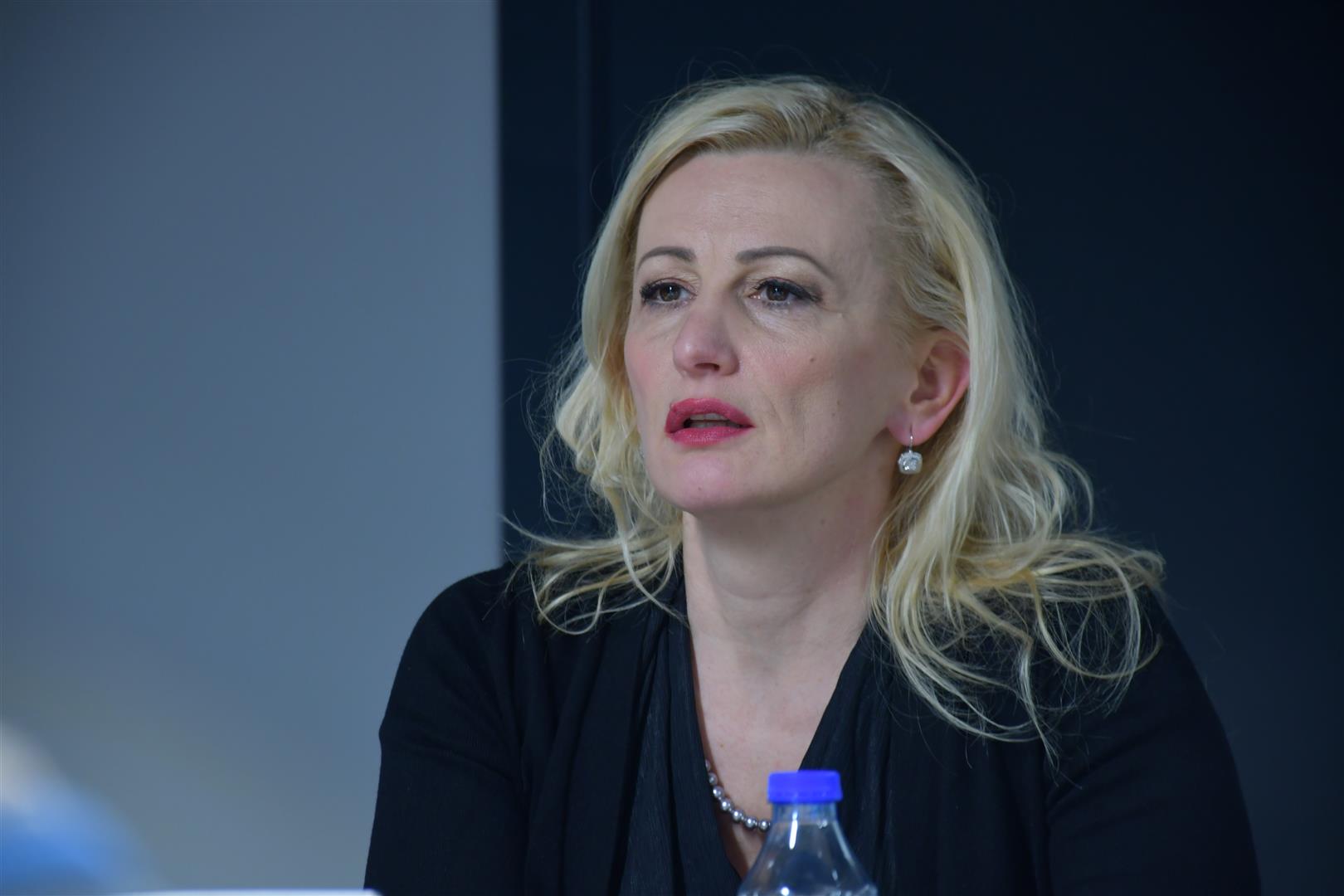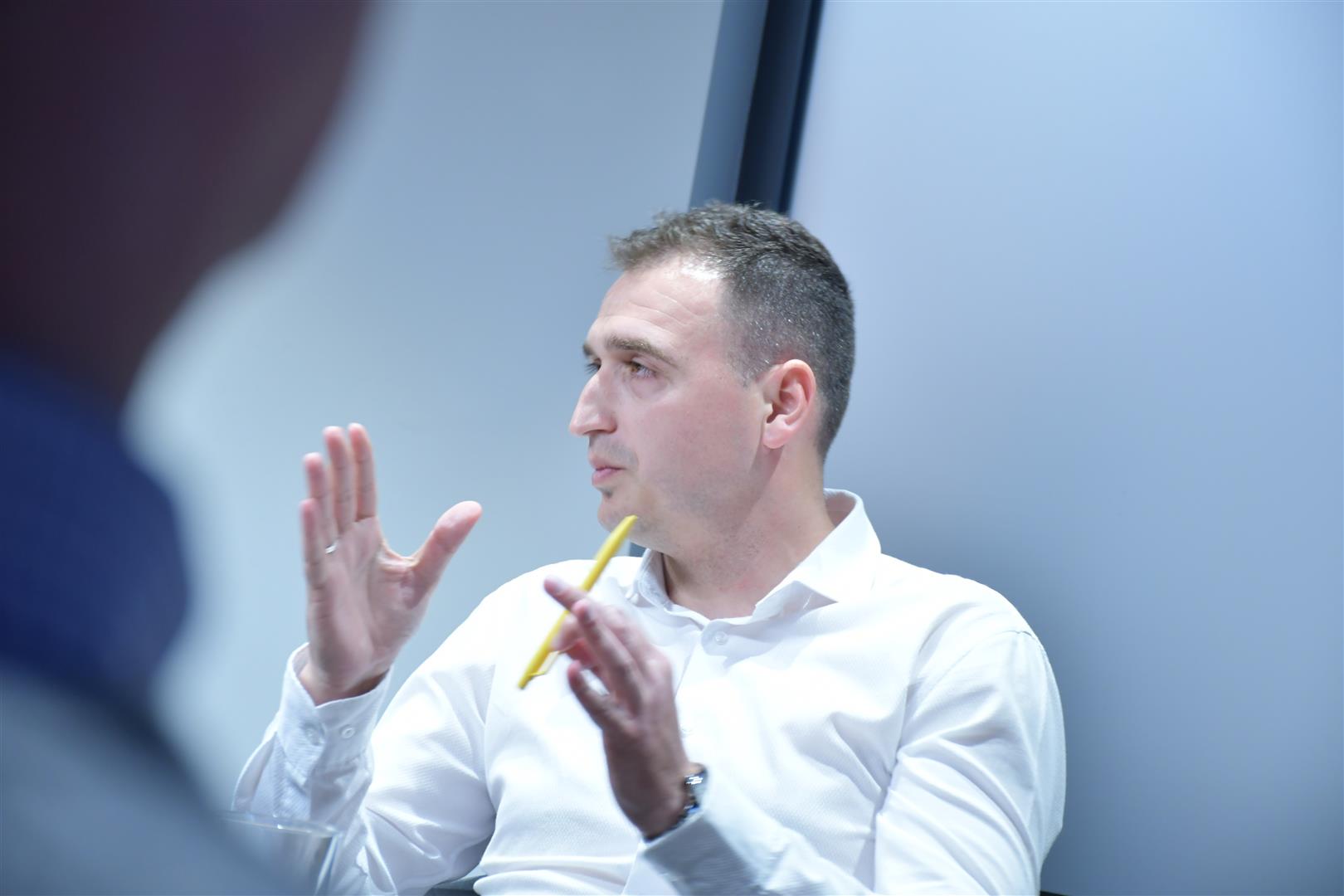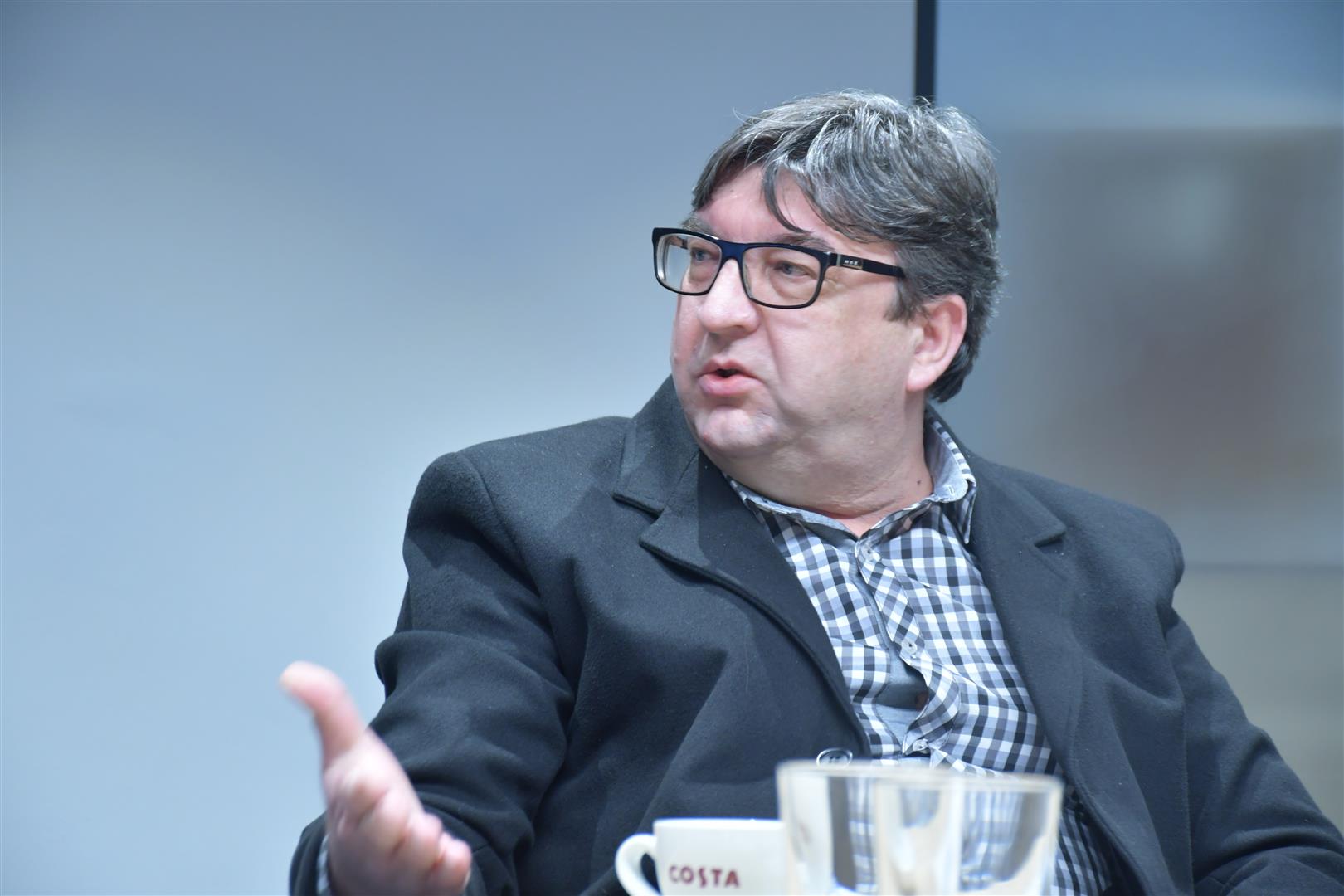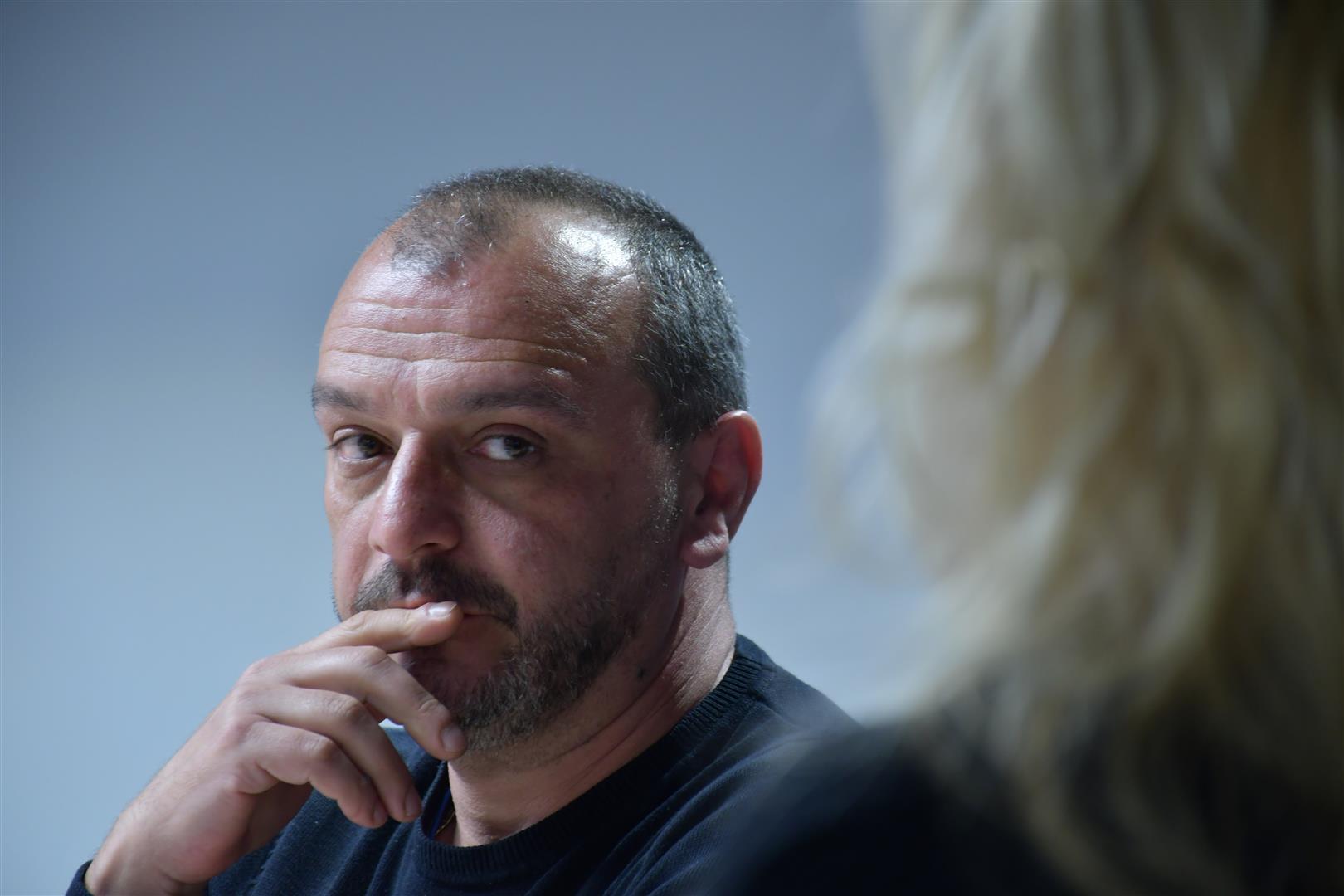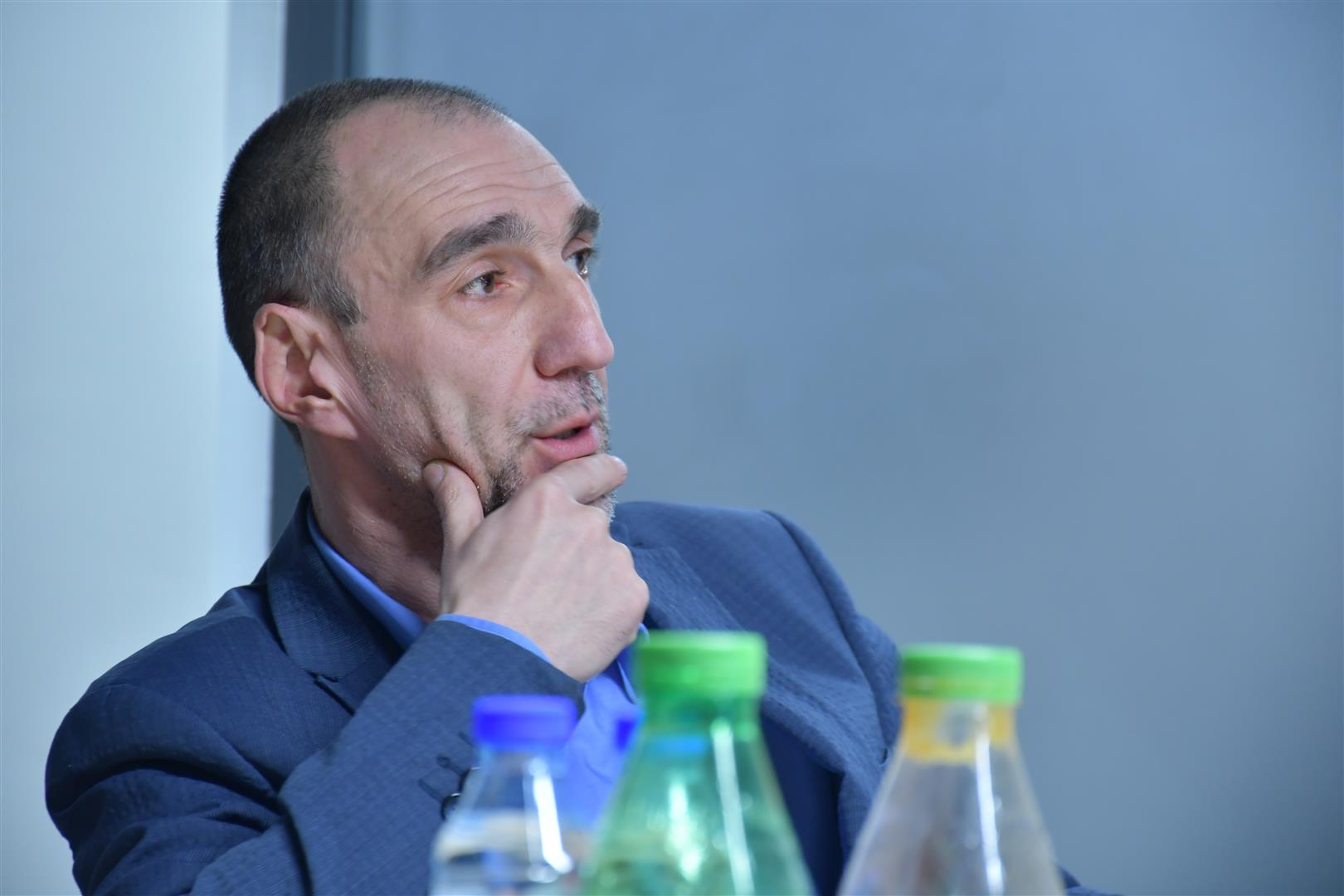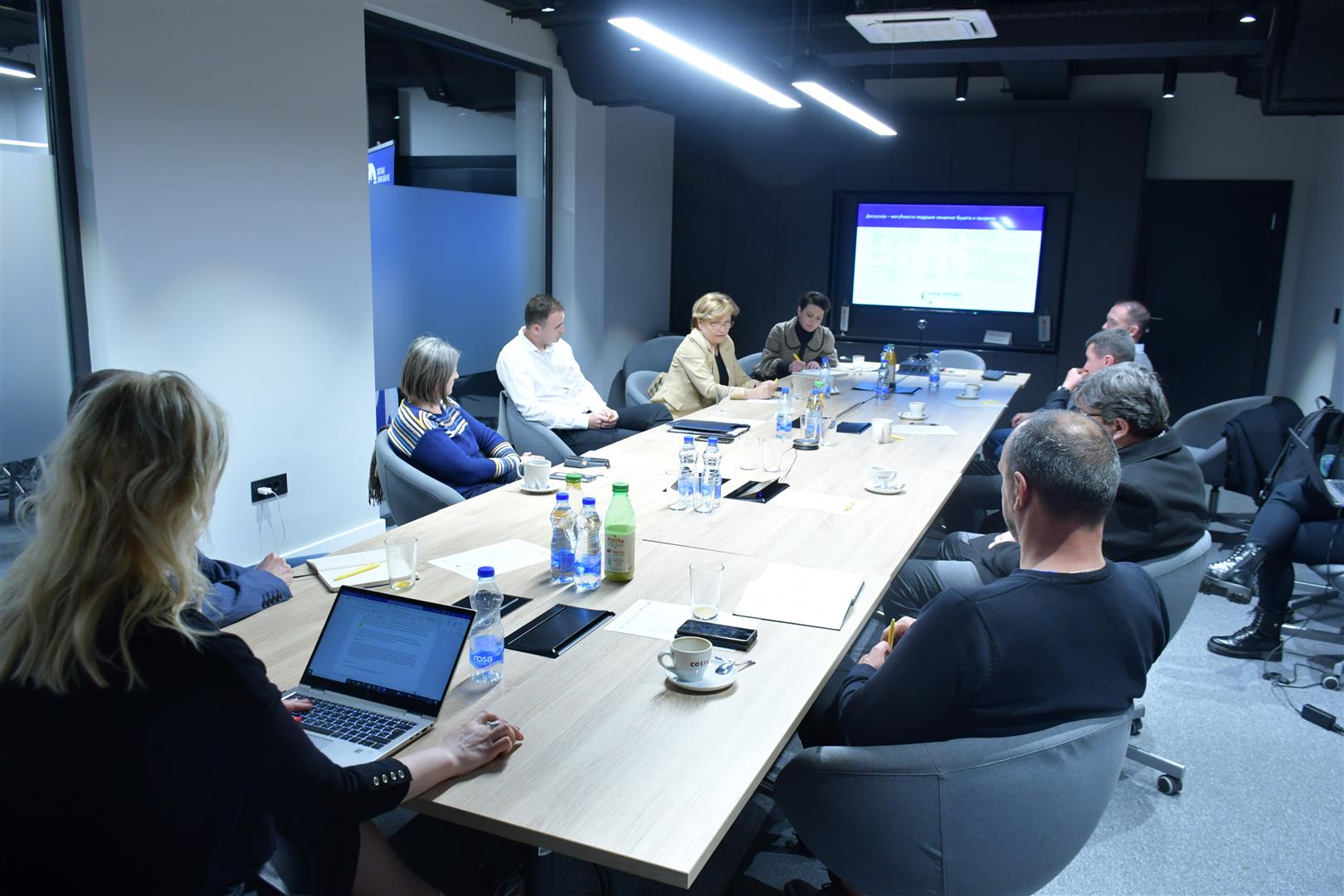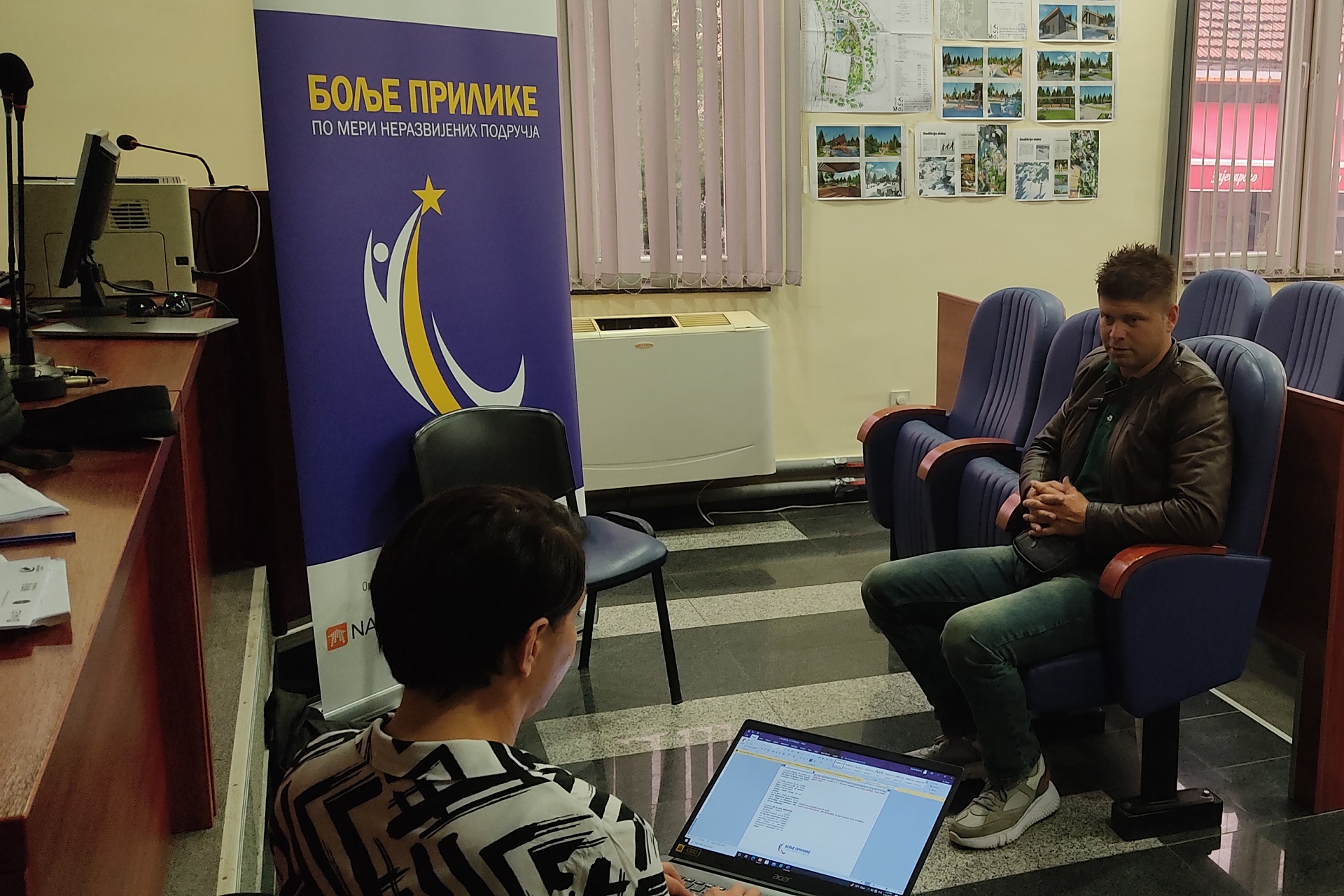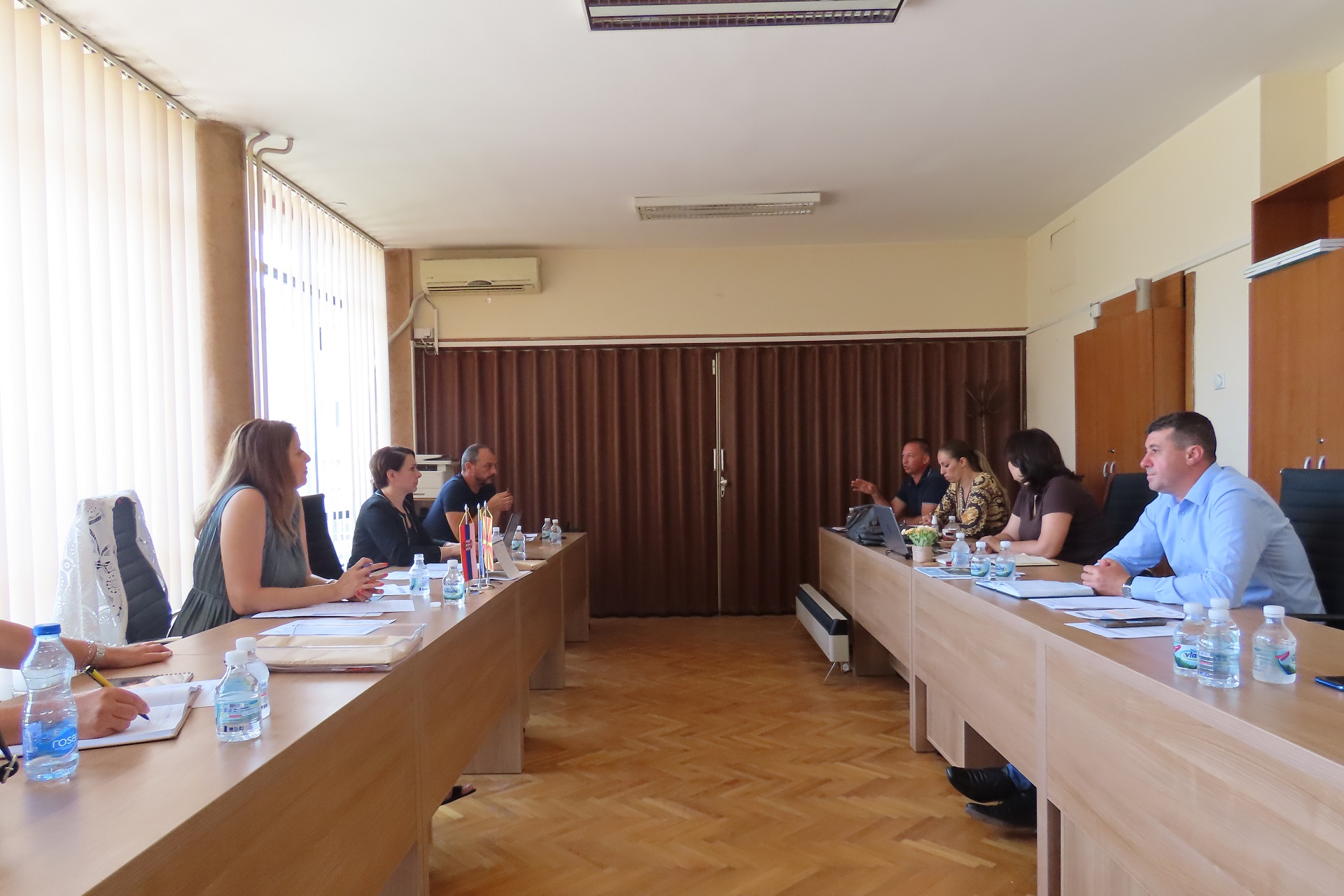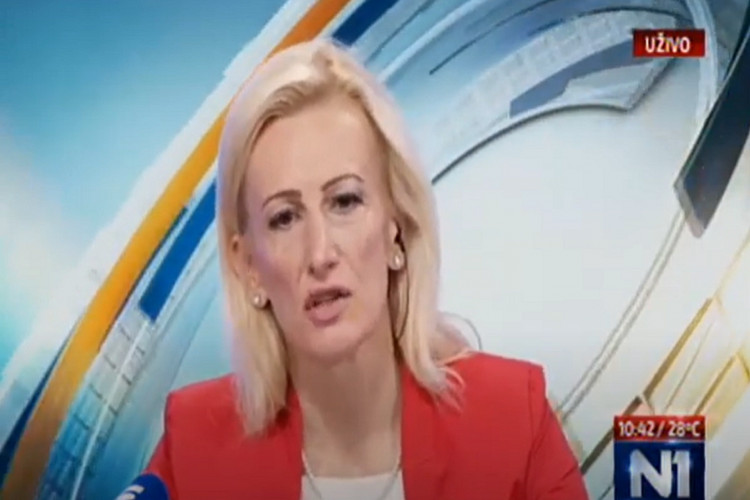Lebane, Surdulica, Vlasotince, and NALED together help farmers from South Serbia
Unstable and unpredictable prices, lack of markets, insufficient demand, and lack of mechanization and labor are some of the most common challenges that farmers from Lebane, Surdulica, and Vlasotince face. The market is predominantly local, with only 10% of producers selling their products outside their municipality and only 2% exporting their products abroad.
These results were made in analysis conducted by NALED as a part of the cross-border initiative on opportunities for economic empowerment, tailored for five municipalities, three in Servia and two municipalities in Northern Macedonia. In addition to the analysis of producers' needs, a set of recommendations for the support of agriculture and rural development were made and presented at the meeting of NALED with the leadership of Lebane, Surdulica, and Vlasotince.
As pointed out, improving competitiveness in agricultural and food production, as well as income diversification and improving the quality of life in rural areas are two key pillars of project recommendations. The first includes investments in means of work, marketing, and product processing, as well as the establishment and strengthening of agricultural associations. The second is based on encouraging economic activities in rural areas, youth support, introduction and certification of food, organic products, etc.
- Through this project, we want to send a specific message about these and other local governments in Serbia that are officially categorized as underdeveloped. As we have the opportunity to see, the truth is different - all three municipalities are special, have specific resources, authentic products, untouched nature, and other potentials that are simply not sufficiently recognized and promoted. We can change that together, for starters, by branding these products that are a mirror of your municipality. With financial and professional support, Vlasina honey, Vlasotince handcrafts, or vegetables from Lebane can become a recognizable local brand - said Violeta Jovanović, Executive Director of NALED.
Just under 40% of producers place their products on the markets, while about a third prefer direct contact with customers. In addition to providing opportunities to expand sales to other markets, the goal of the project is to specifically encourage incentives to develop products for which these areas are known and thus create a chance for faster development.
-According to the latest data, there are 44 underdeveloped municipalities in Serbia, and most of them are in the south. The goal is to improve the demographic picture, keep the young population from moving, and create new jobs in underdeveloped and devastated areas - said Slavka Mitricevic, advisor in the cabinet of the Minister for Development of Underdeveloped Municipalities.
Three promising areas in these municipalities were identified within the project. Miloš Radoičić, Deputy Mayor of Surdulica, pointed out that, by NALED's recommendation, he will work on improving production and processing capacities in the sectors of beekeeping and forest products. Bratislav Petrović, the president of the municipality of Vlasotince, went with the same measures, in the field of vegetables and making traditional handicrafts with local motives. Nenad Jovanović, the advisor for local economic development of Lebane, also agreed to these recommendations, emphasizing that the municipality will dedicate itself to the development of vegetable production.
Within the project, local administrations will receive expert support to design incentive measures in selected areas, while farmers will get assistance - business and marketing training. The project for the cross-border initiative on opportunities for economic empowerment is funded by the European Union and in addition to the three municipalities in Serbia, Staro Nagoricane and Kumanovo in Northern Macedonia will also be included. The project was implemented by NALED in partnership with Women's Association "Rose" from Lebane, Foundation for Management and Industrial research "MIR" from Skopje, and the civil center "AktivUm" from Kumanovo.

